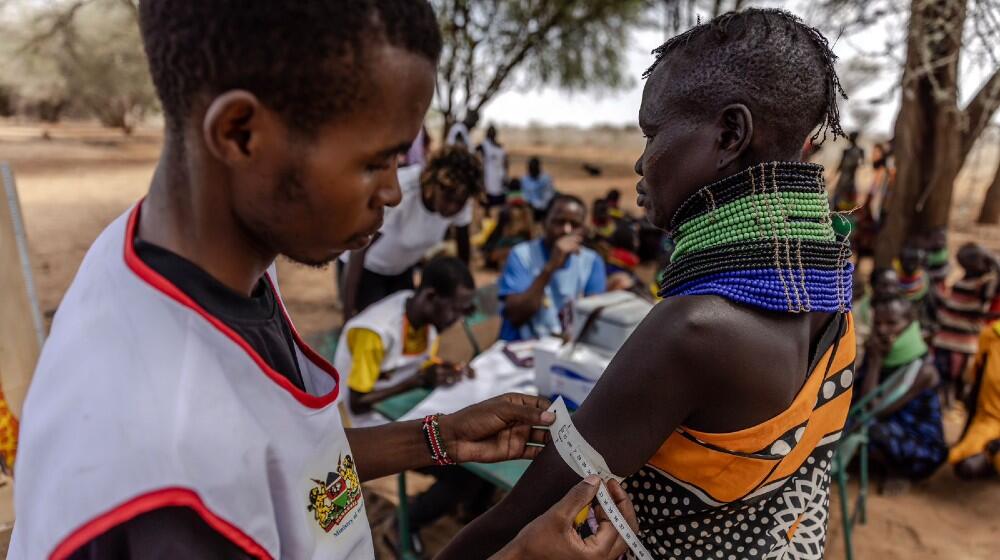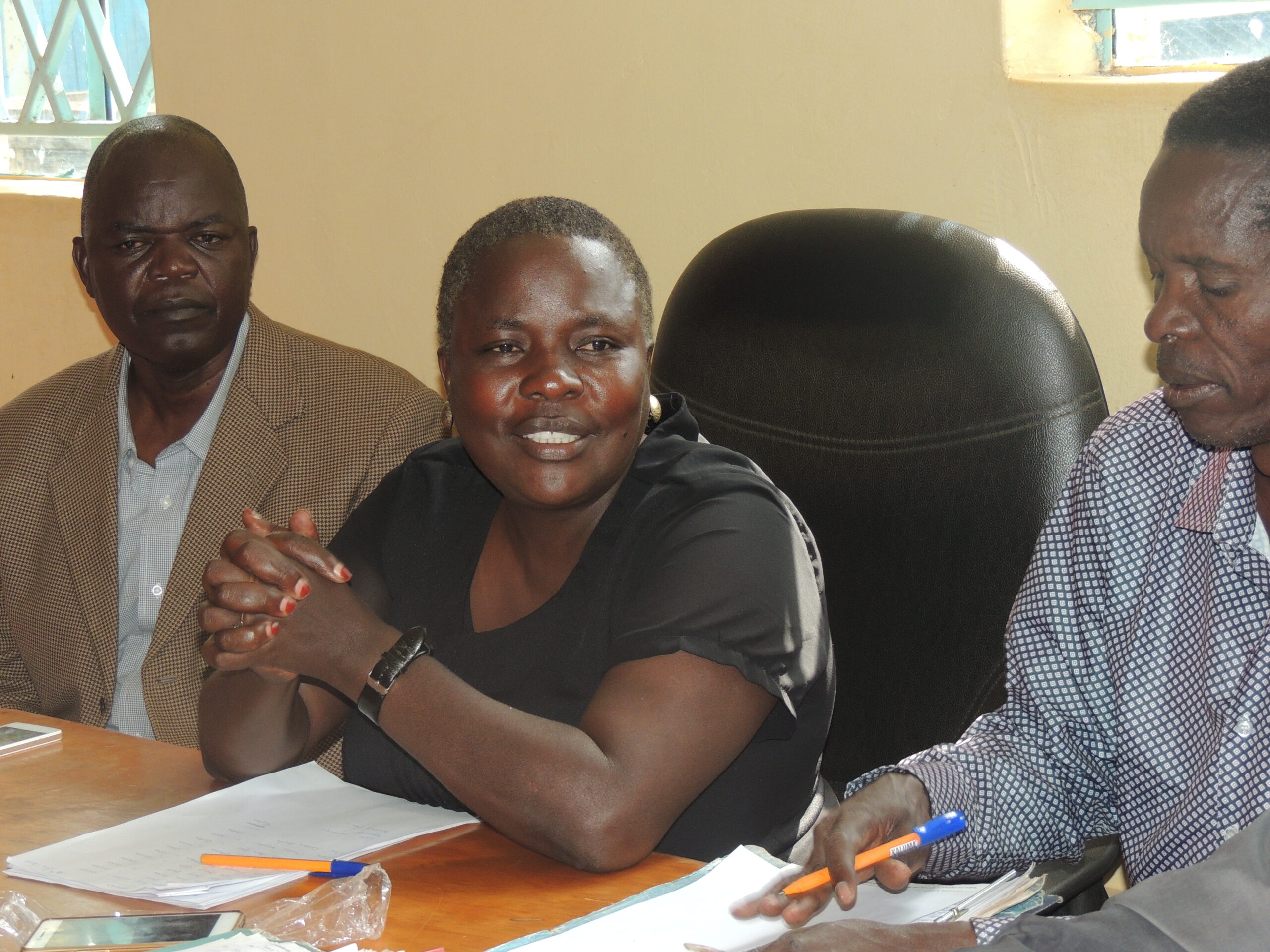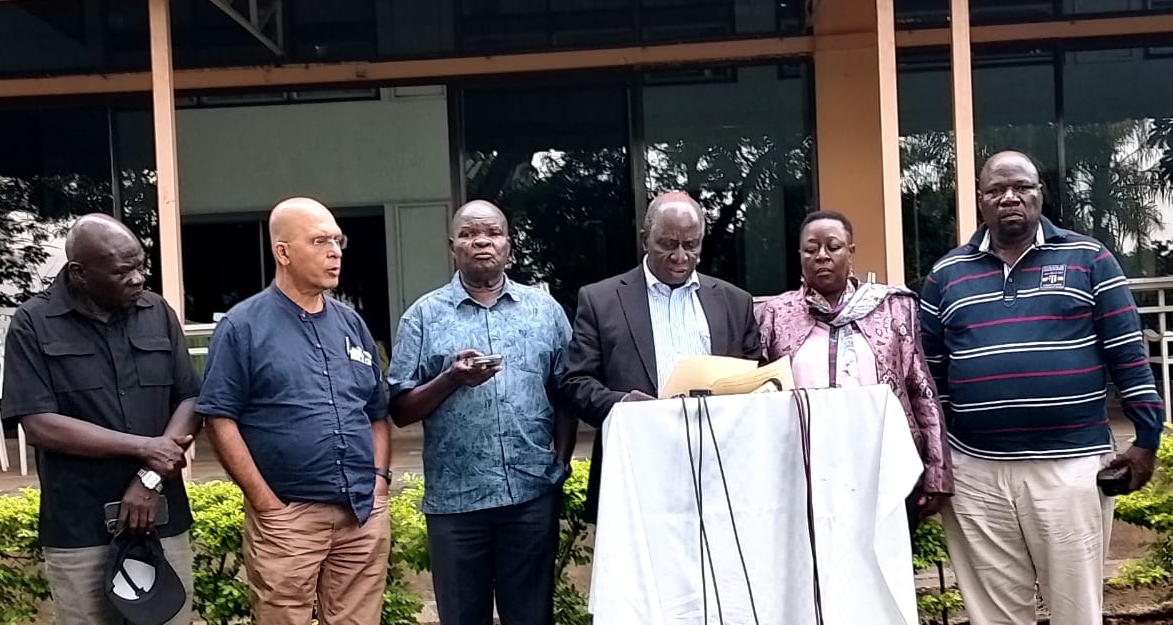The recent heart-rending media reports on the sorry state of Koyasa Dispensary located in Kibish Sub-county of Turkana County left many Kenyans marveling at the way residents of that region survive in terms of healthcare.
It was reported that the Dispensary in question was designed to serve a total of 5000 villagers but they had been denied access to quality healthcare services following the transfer of the only qualified health practitioner a few months earlier.
The worst hit were the pregnant women and children who couldn’t walk long distances under sweltering heat to the nearest functioning healthcare facilities to access the critical services.
Turkana County is quite expansive yet characterized by poor infrastructural facilities including roads and literally non-existent public service transport system. This is notwithstanding the harsh climatic conditions that the residents have to contend with .
Admittedly, healthcare services are part of the devolved functions but given the financial constraints experienced at both at national and county levels, it would be foolhardy to expect the leadership of Turkana County government to provide effective healthcare services to this vulnerable community unless other non-state actors come on board to complement the government efforts.
It is for this reason that I strongly feel that provision of sustainable healthcare services can be jointly undertaken through a Public Private Partnership (PPP) framework where the county government of Turkana can provide the physical infrastructure while a healthcare cooperative society ( once registered) can be supported by development partners to hire the required medical staff and all other necessary facilities besides drugs in line with the government’s declared policy of Universal Health Coverage (UHC) to all citizens. This is in fact among the pillars of the Bottom up Economic Transformation Agenda (#BETA)!
The local people can be sensitized to raise the necessary capital through, for example, donation of one goat each , which can translate into membership and initial share capital of the healthcare cooperative once registered in the area
Remember, the Model Law developed by the Pan-African Parliament has provision for raising capital in kind so this can be exemplified in such a case study.
YOU MAY ALSO READ:
Bungoma residents support parliament’s zero taxation on farm inputs proposal
In my considered opinion, the plight of this Turkana community should prick the collective conscience of all those in the Cooperatives Space to become innovative and transformative in providing alternative solutions to tackling the myriad of challenges facing our motherland!
Healthcare cooperatives exist in the neighbouring Uganda and also embedded on the National Cooperative Policy, 2019.
Additionally, provision of quality Universal healthcare services is among the priority areas expected to be spearheaded by the cooperative movement as agents of implementing the United Nations’ Sustainable Development Goals( SDGs).
This is what should preoccupy those in cooperatives sector as we look forward to the Global Cooperative Conference to be held in New Delhi, India, in less than two weeks from now , where the Second UN International Year of Cooperatives ( IYC) 2025 will be promulgated. .
It is possible for Cooperatives to make a significant impact in the UHC space if only those in positions of steering the sector can wake up and smell the coffee!
By our Reporter
Get more stories from our website: Sacco Review.
For comments and clarifications, write to: Saccoreview@
Kindly follow us via our social media pages on Facebook: Sacco Review Newspaper for timely updates
Stay ahead of the pack! Grab the latest Sacco Review newspaper!



